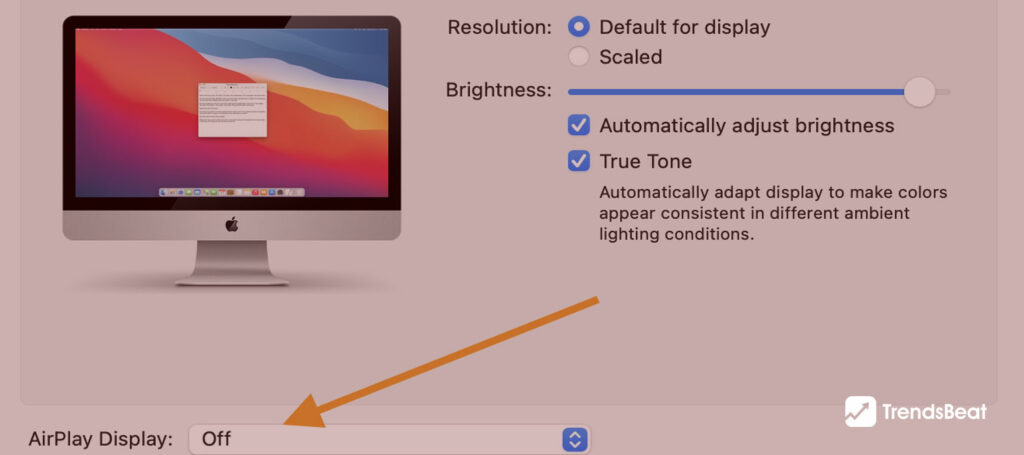Amazon’s Product Reviews Have Revealed an Interesting Development Which Involves AI

Generative AI has emerged as the most revolutionary technology of the decade, garnering billions of dollars in investment from a variety of industries looking for a competitive advantage. Following a previous revelation last month, a new investigation gives further specifics about how Amazon is incorporating artificial intelligence into its platform to assist shoppers discover the correct product. Yes, Amazon’s product reviews have shown an interesting development that involves AI. Amazon is using artificial intelligence to assist users in finding the perfect product. The e-retailer has lately begun testing a function in its shopping app that uses artificial intelligence to summarize customer ratings of specific items. It includes a quick summary of what customers liked and disliked about the product and a disclaimer that the summary was “AI-generated from the text of customer reviews.”
According to a smartphone listing for a children’s “Magic Mixies” cauldron toy, consumers praised its “fun factor, appearance, value, performance, quality, charging, and leakage.”
“However, the majority of customers have expressed negative opinions on these aspects,” according to the report. “For example, some customers paid more than $100 for a toy that wasn’t worth it, while others had problems with the product’s quality and pricing.”
Mark Wieczorek, technology head at Amazon marketing firm Fortress Brand, was the first to notice the function. Amazon acknowledged that the functionality is being tested. The business does not provide specifics on how it works or which AI models are utilized to summarize reviews and produce text. “We are investing significantly in generative AI across all of our businesses,” stated Amazon spokesperson Lindsay Shanahan in a statement.
Using Generative AI to Summarize Amazon’s Product Reviews
Amazon is now utilizing artificial intelligence to summarize Amazon’s product reviews and highlight product pros and cons based on reviewers’ feedback for shoppers. Some goods on the company’s mobile shopping app now contain summaries, which are accompanied by a disclaimer stating that they were generated by AI based on customer feedback.

An AI-generated review summary of an air purifier, for example, states that the device has “received positive feedback from customers in various aspects.” Many customers have commended its capacity to clean the air and enhance air quality, and some have even dubbed it “the best air purifying device.”
The review goes on to say that the device is silent, good at removing odors, and elegant. The summary under the cons column states that “some customers have expressed mixed opinions on its effectiveness in reducing allergies and asthma.”
Transforming & Enhancing Customer Experience Using AI- Amazon’s Product Reviews!
Amazon has long relied on AI and machine learning to give targeted advertisements and personalized suggestions to customers. However, the current frenzy surrounding generative AI and chatbots such as OpenAI’s ChatGPT has prompted corporations such as Amazon to increase their emphasis on technology. In April, Amazon CEO Andy Jassy stated that generative AI and huge language models had the potential to “transform and improve virtually every customer experience.”
Using AI to summarize reviews might be beneficial to customers. Amazon offers millions of things on its online site, and a single item might have hundreds of reviews. Through its one-tap ratings system, which allows customers to offer input without writing a complete review, the firm has attempted to make it easier for buyers to review items. Recently, some customers have begun to use chatbots to create Amazon reviews for them.
Amazon Is Attempting to make it Easier to Sift through Thousands of Customer Reviews
Amazon is experimenting with using artificial intelligence to summarize consumer input about items on the site, which might reduce the amount of time buyers spend browsing through reviews before making a purchase.
For example, on the Amazon product page for Apple’s third-generation AirPods, the AI feature now summarizes almost 4,000 user evaluations to highlight that the wireless headphones “have received positive feedback from customers regarding their sound quality and battery life.” It adds, however, that “mixed opinions were also expressed about the performance, durability, fit, comfort, and value of the headphones.”

The disclaimer appears in the summary: “AI-generated from the text of customer reviews.”
“We are significantly investing in generative AI across all of our businesses,” Amazon told CNN, referring to the technology that powers services like ChatGPT. Amazon’s latest attempt to introduce generative AI into its services, as reported by CNBC, can help users swiftly decide the advantages and drawbacks of various items. However, there are constraints.
For starters, the AI terminology is not always clear. For example, in the AirPods review, the blurb states that “all customers who mentioned stability had a negative opinion about it.”
Amazon isn’t the only retailer using generative AI in the buying experience. Some companies, such as Shopify and Instacart, are using technology to help clients make purchase decisions. Meanwhile, eBay just launched an AI tool to assist merchants in creating product listing descriptions.
In April, Amazon CEO Andy Jassy stated in a letter to shareholders that the business is “investing heavily” in technology “across all of our consumer, seller, brand, and creator experiences.” The firm is also rumored to be working on integrating ChatGPT-like search features into its e-commerce site, and it’s rumored to be working on bringing conversational language to a home robot using generative AI.















































































![Essential-Cybersecurity-Tips-for-Small-Businesses-[Protect-Your-Data]-TrendsBeat](https://trendsbeat.com/wp-content/uploads/2023/05/Essential-Cybersecurity-Tips-for-Small-Businesses-Protect-Your-Data-feature-image-template-1024x455.jpg)


















![Top Fitness Trends & Workout Routines to Follow [Stay Fit, Stay Healthy]](https://trendsbeat.com/wp-content/uploads/2023/04/feature-image-Top-Fitness-Trends-Workout-Routines-to-Follow-Stay-Fit-Stay-Healthy-1024x455.jpg)










![[Weight Loss Medication Health Effects] Side Effects and Best Advice](https://trendsbeat.com/wp-content/uploads/2023/04/feature-image-Weight-Loss-Medication-Health-Effects-Side-Effects-and-Best-Advice-1024x455.jpg)



